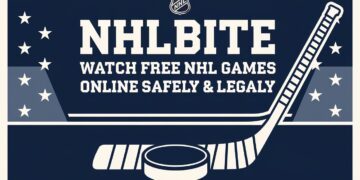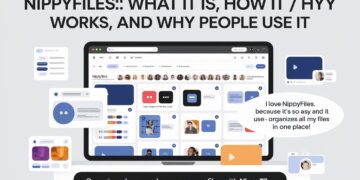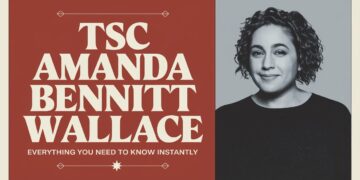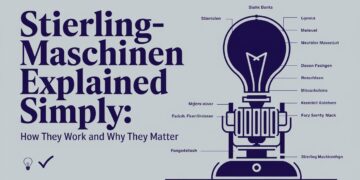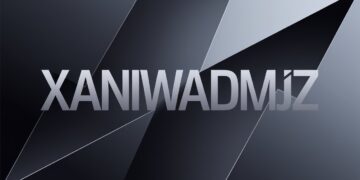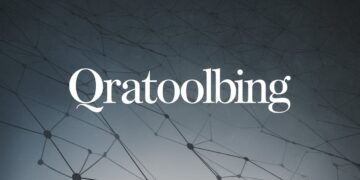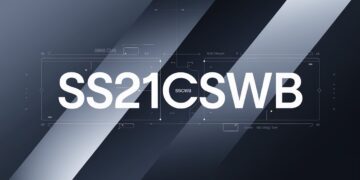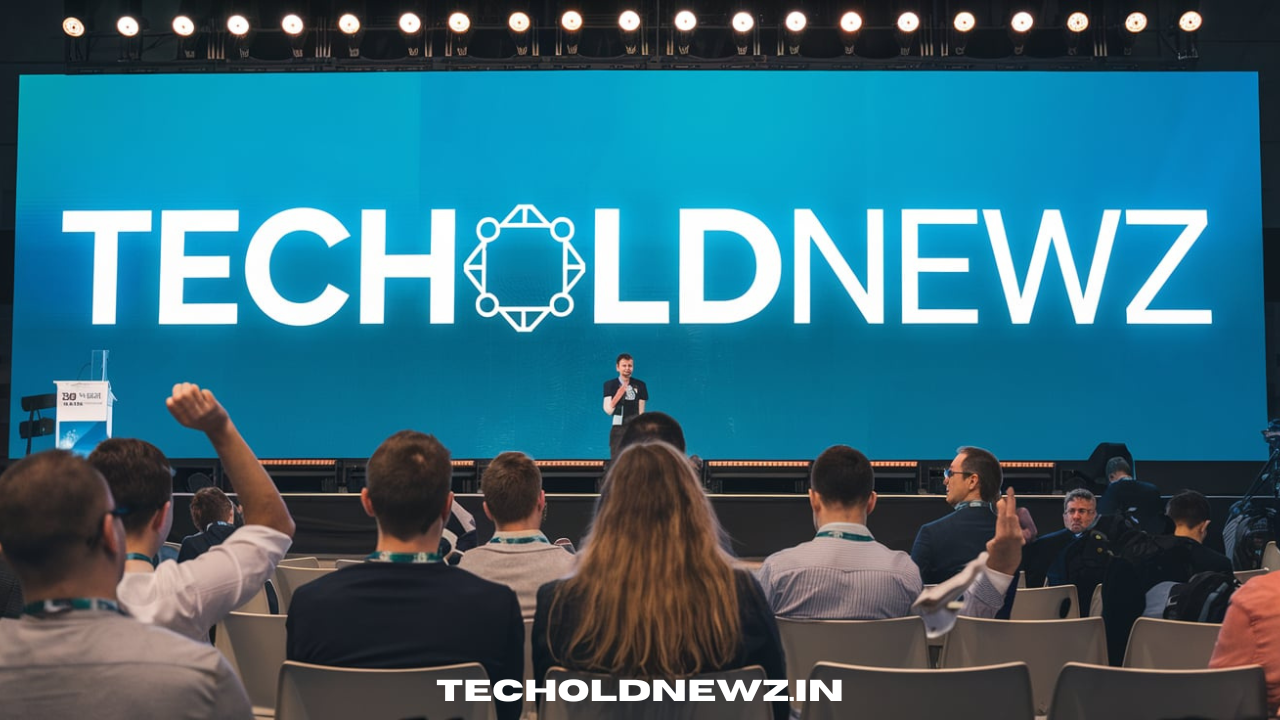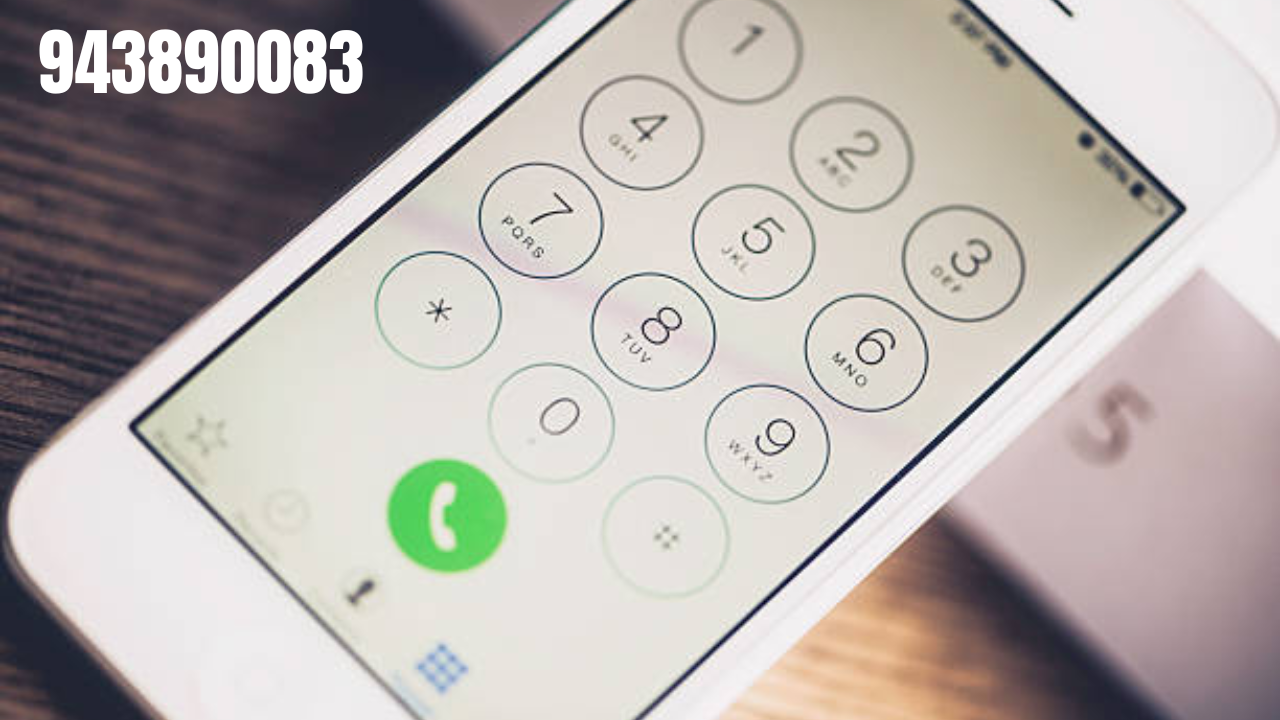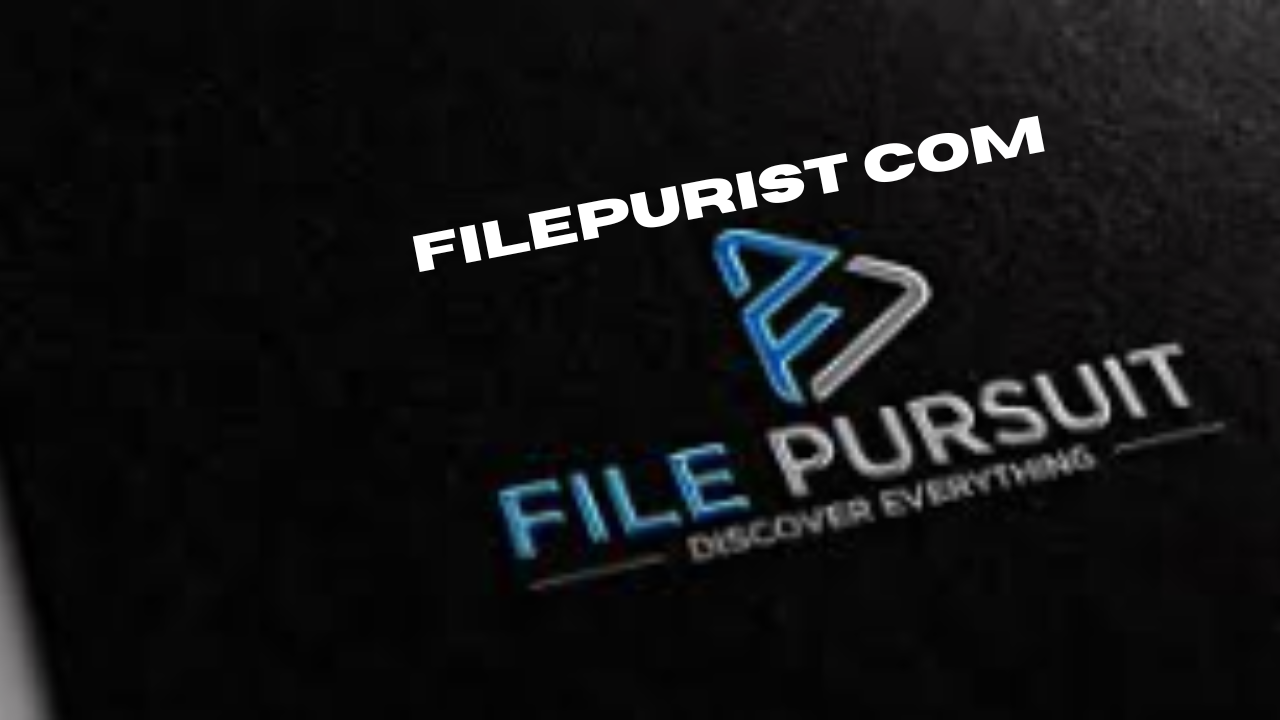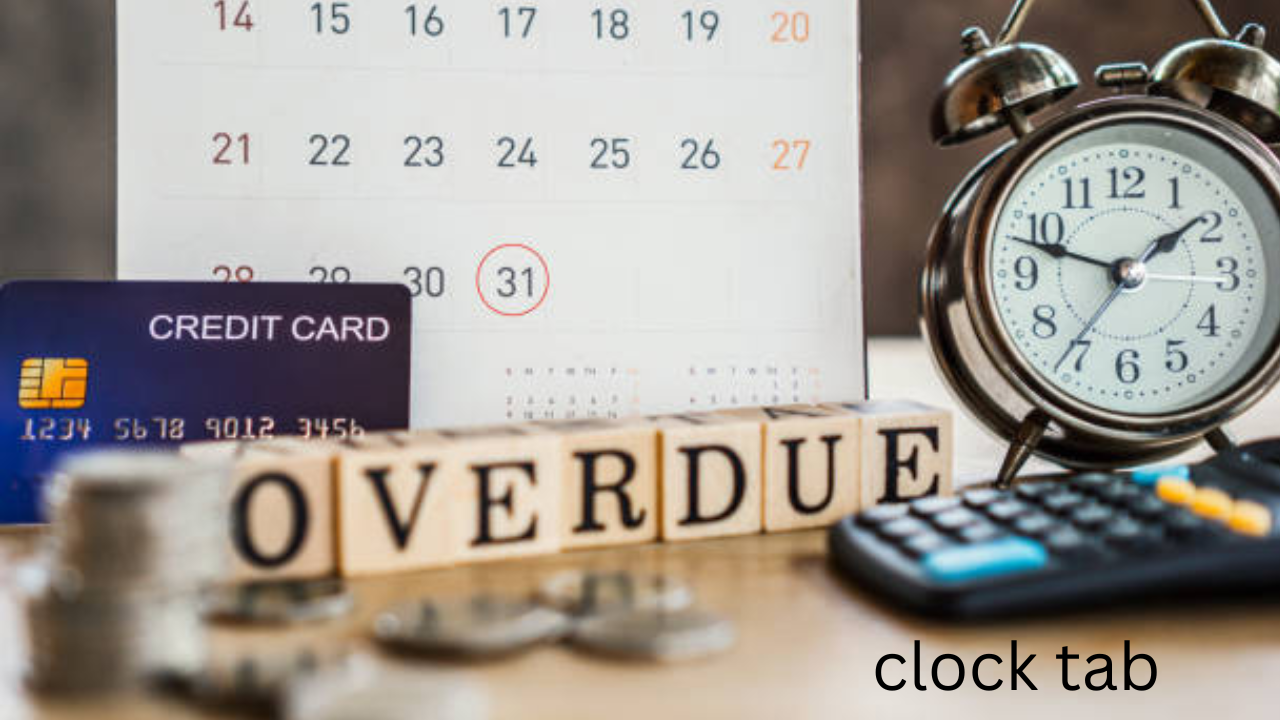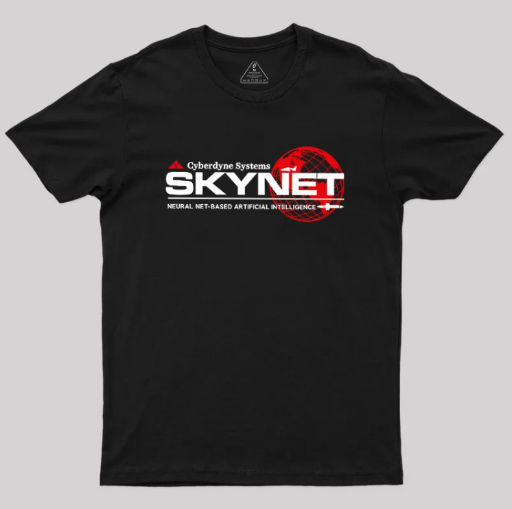In today’s fast-paced business world, Dutch entrepreneurs are no strangers to the pressure of needing immediate access to funding. Whether it’s purchasing new inventory, launching a marketing campaign, or simply managing cash flow during slower months, having the right financial tool at the right moment can make or break a business decision.
This brings us to an intriguing term that has begun circulating in business finance circles: the b2zakelijke leningcard.
But what exactly is it? Why are more and more curious business owners looking it up? And could it be the next big innovation in business lending?
Let’s dive in.
Full Biography-Style Information Table for “B2Zakelijke Leningcard”
| Aspect | Details |
|---|---|
| Name | B2Zakelijke Leningcard |
| Meaning | A conceptual or emerging financial tool combining business lending (zakelijke lening) with credit card-like accessibility (card) for entrepreneurs. |
| Origin | The term appears to be a fusion of Dutch financial terminology, likely introduced or conceptualized by modern fintech trends or internal naming conventions. |
| History | No officially documented origin; it’s currently a niche or upcoming term searched by business owners looking for flexible lending options in the Netherlands. |
| Type | Hybrid business financing tool — possibly a card-based business loan or a credit line linked to a business debit/credit card. |
| Purpose | To provide entrepreneurs with immediate access to working capital, using a card mechanism for flexibility and digital usability. |
| Usage | Intended for Dutch SMEs (MKB) to make purchases, cover cash flow gaps, or fund short-term operational needs via a pre-approved card-accessible credit line. |
| Applications | – Emergency business purchases – Marketing campaigns – Equipment/inventory buying – Vendor payments – Seasonal expansions |
| Relevance | Highly relevant in 2024–2025 as businesses demand faster, digital-first lending solutions with transparent terms and card-linked control. |
| Industries Impacted | – Retail & eCommerce – Hospitality – Freelancers & Startups – Construction – Creative agencies |
| Popularity | Currently emerging or under-indexed — gaining interest due to rising searches and business needs, but not yet a mainstream financial product. |
| Key Features | – Card-based access – Fixed or variable interest – Online control panel – Expense tracking – Optional repayment schedules |
| Founders / Providers | Not clearly identified; potential candidates include Dutch fintech startups, modern banks, or B2B finance platforms like Qredits, BridgeFund, etc. |
| Benefits | – Immediate fund access – No lengthy loan application – Card-spending flexibility – Digital usability – Tailored for SMEs |
| Drawbacks | – Temptation to overspend – Not suitable for long-term investments – Potential fees if mismanaged – Limited availability so far |
| Target Audience | Dutch entrepreneurs, small to mid-sized business owners (MKB), freelancers, startups, and anyone needing fast, flexible, card-based business financing. |
| Market Trends Connection | Closely tied to the growth of alternative lending, fintech disruption, and real-time access to funds for small businesses in Europe. |
| Similar Products | – Business line of credit with debit card – Zakelijke lening (standard business loan) – Business credit cards (with limits) |
| Potential Future Outlook | Likely to grow in demand as digital-first entrepreneurs seek blended solutions between traditional loans and modern card-based financing. |
What Is the B2Zakelijke Leningcard?
If you’ve stumbled across the term b2zakelijke leningcard, you might have had a hard time finding clear explanations online. That’s because this is a new or lesser-known concept, possibly an emerging product, an internal term, or even an innovation in progress.
However, by breaking the phrase down, its potential becomes more obvious:
- “B2” could relate to B2B (business-to-business) solutions.
- “Zakelijke” means business-related in Dutch.
- “Leningcard” appears to combine “lening” (loan) and “card” — suggesting a loan product that functions through or is accessible via a physical or virtual card.
In simpler terms, the b2zakelijke leningcard seems to be a concept that combines the flexibility of a credit card with the structure of a business loan.
Why Is This Idea Getting Attention?
Business owners are increasingly seeking faster, more convenient, and flexible ways to access capital. Traditional bank loans — while reliable — often come with long processing times, rigid terms, and complex paperwork.
So, wouldn’t it be amazing to have:
- A loan you can access instantly with a swipe or tap?
- A credit facility that adjusts to your real-time needs?
- A card that tracks spending, automates repayments, and still offers the security of a formal loan?
That’s exactly where the concept of a b2zakelijke leningcard might fit in.
Is the B2Zakelijke Leningcard a Real Product?
At the time of writing, there is no major Dutch bank or lender offering a product exactly under the name b2zakelijke leningcard.
So what’s going on?
- It might be an upcoming or internal product name from a fintech company.
- It could be a new type of hybrid financial service that hasn’t been marketed yet.
- Or, it’s simply a term users are searching for based on what they want in a product: business funding that works like a card.
While it’s not fully defined yet, the very existence of this search interest reflects real market demand.
How Could a B2Zakelijke Leningcard Work in Practice?
To visualize how a b2zakelijke leningcard might function, think of it as a credit card merged with a business loan. But instead of revolving credit or surprise interest spikes, you’d have:
- A pre-approved loan limit
- Fixed interest rates
- Monthly repayment plans
- The ability to spend via card (online or offline)
- Integrated tools for expense management
Real-Life Analogy:
Imagine you’re running a catering service and land a last-minute event contract. You need to quickly buy supplies, hire temporary staff, and rent equipment. A b2zakelijke leningcard could allow you to instantly access the funds you need while keeping repayment structured and predictable — far better than dipping into personal credit.
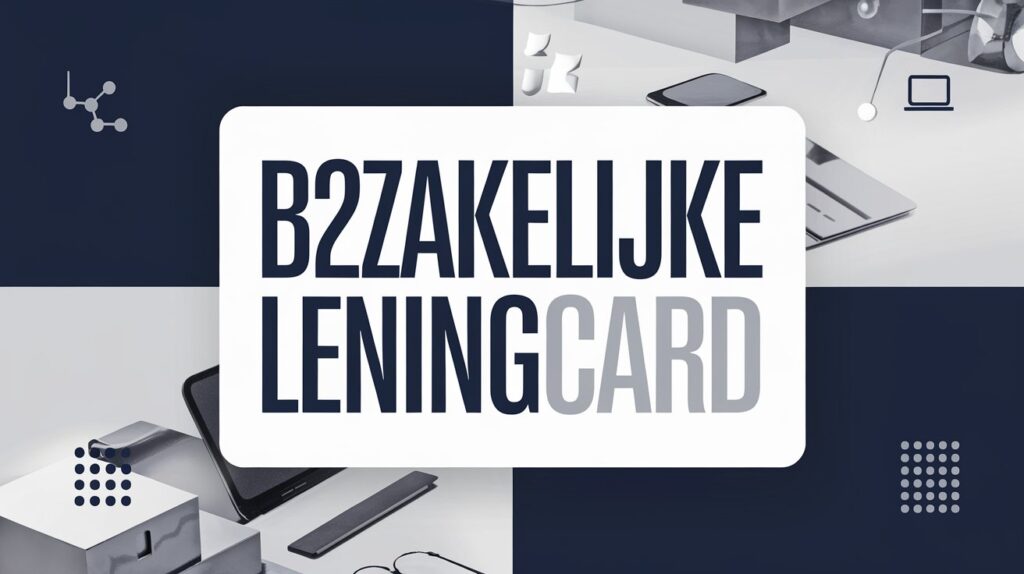
What Are the Potential Benefits?
If this product were available, it could offer a range of compelling advantages, especially for small- to medium-sized Dutch enterprises.
Here’s What That Might Look Like:
- Fast Access to Funds: No more long approval cycles. Funds could be instantly accessible via the card.
- Flexible Usage: Whether paying for supplies, services, or advertising, the card gives you the freedom to spend as needed.
- Clear Repayment Terms: Like a loan — not a traditional credit card — with transparent fees and deadlines.
- Digital Integration: Real-time tracking, automatic alerts, and connection with accounting software.
- Tailored for SMEs: Designed with Dutch entrepreneurs in mind, not generic corporate finance products.
What About the Downsides?
It’s important to note that any financial tool combining credit and convenience might come with challenges:
- Temptation to overspend: Easy access could lead to impulsive business spending.
- Interest accumulation: If not managed properly, delayed payments could result in mounting costs.
- Dependence on one lender: If the card is tied to one provider, switching or refinancing might be harder.
So, how can business owners prepare?
By treating the b2zakelijke leningcard as a strategic financing tool, not just an emergency fallback.
Read It’s Also:
Are There Similar Products in the Market?
While you won’t find a product with the exact name b2zakelijke leningcard, several providers in the Netherlands offer comparable services:
1. Qredits
A popular lender offering microloans and flexible terms to small businesses. While they don’t offer a card format, their quick approval and tailored terms serve similar needs.
2. BridgeFund
Known for super-fast business loans, sometimes processed in under 24 hours. Their model leans into the same market demand for speed and simplicity.
3. ING Zakelijke Kredietkaart
Though not the same as a loan, ING’s business credit card offers spending flexibility and good integration with business banking.
Could the B2Zakelijke Leningcard Be the Future?
Absolutely — if a provider were to develop a smart, hybrid product like this, it could radically improve how Dutch entrepreneurs handle business finance.
Is the market ready?
Yes. Demand for faster, simpler, and smarter business credit is growing. Entrepreneurs want tools that are built for the digital age — products that are as intuitive as mobile banking and as reliable as a fixed-term loan.
Is the concept feasible?
Definitely. With advancements in fintech, real-time KYC verification, and open banking APIs, creating a b2zakelijke leningcard is both possible and profitable.
What Should You Do If You’re Interested?
If the idea of a b2zakelijke leningcard sparks your interest, here’s what you can do right now:
- Reach out to your current business bank and ask about card-accessible loans.
- Monitor fintech platforms for emerging products. New financial tools are launched almost monthly.
- Consider hybrid options already in the market — like line-of-credit services linked with payment cards.
- Stay informed. Read articles from sources like Rabobank, KvK, or Sprout to follow developments in SME finance.
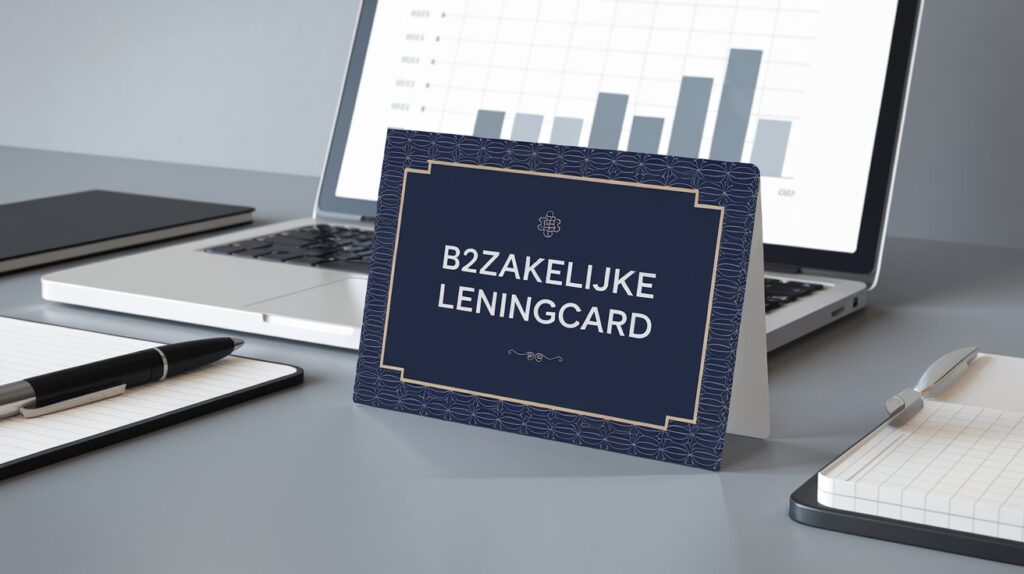
Final Thoughts
The b2zakelijke leningcard may not be widely available yet, but it’s a concept that feels overdue. It aligns with what today’s entrepreneurs truly need: speed, control, flexibility, and transparency in business financing.
And while the financial world catches up, the term itself is a signal — that businesses are searching for smarter, more agile tools. It’s only a matter of time before this vision becomes a common offering on the Dutch market.
So if you’re a business owner, ask yourself:
What would you do if your next great opportunity was just one card swipe away?
Because the b2zakelijke leningcard might be the solution you’ve been waiting for.


